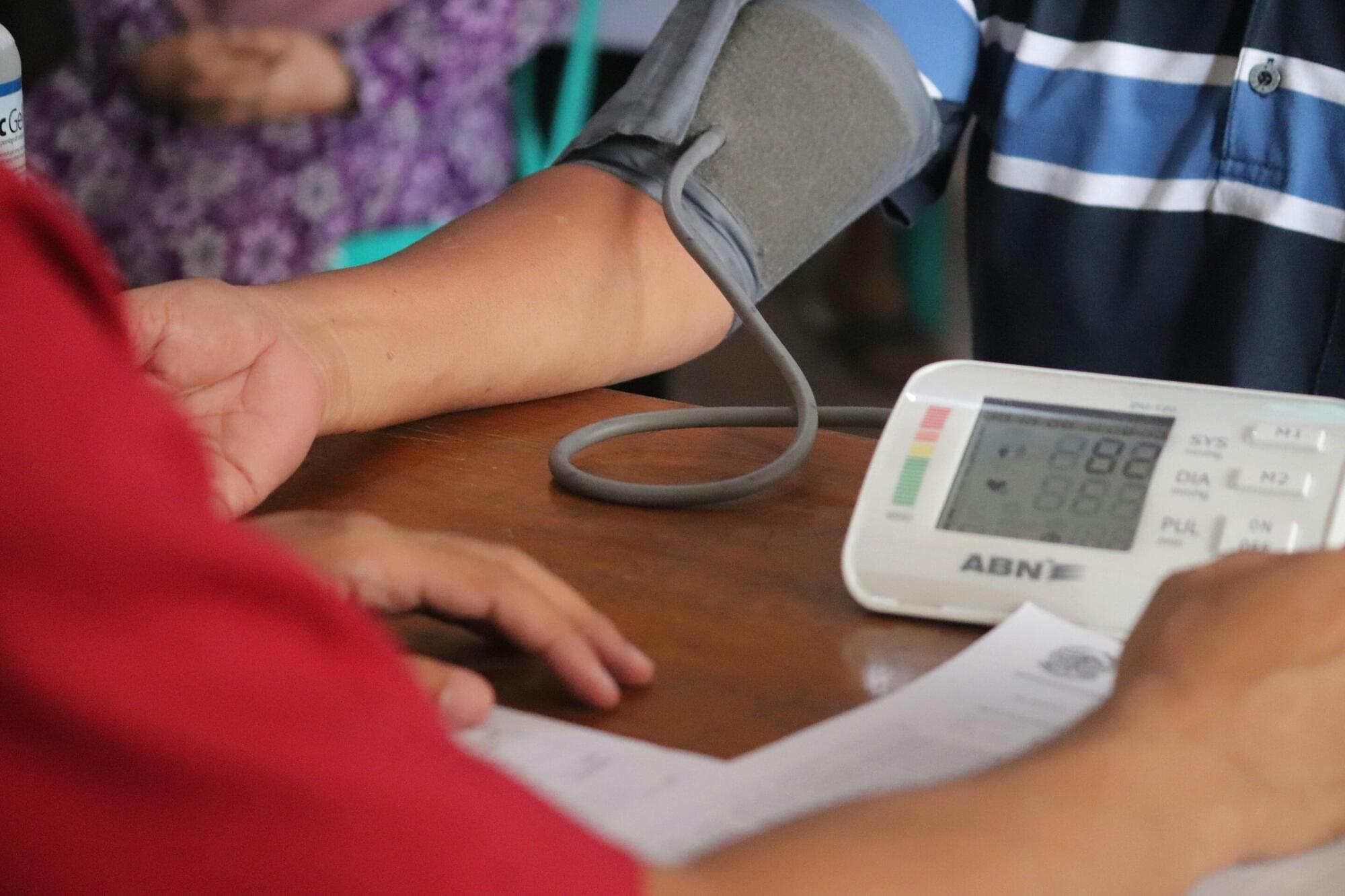Yonsei University College of Medicine-led research has shown amiloride is as effective as spironolactone in reducing systolic blood pressure (SBP) over 12 weeks in patients with resistant hypertension.
Resistant hypertension affects approximately 10% of hypertensive patients and is associated with worse outcomes than nonresistant cases.
Spironolactone is a fourth-line medication, introduced only after renin-angiotensin system inhibitors, calcium channel blockers, and thiazide diuretics fail to control blood pressure. Adverse effects, particularly hyperkalemia and hormonal disruptions, limit its use in long-term care. Amiloride, a potassium-sparing diuretic, lacks these hormonal side effects, making it a potential replacement candidate.
